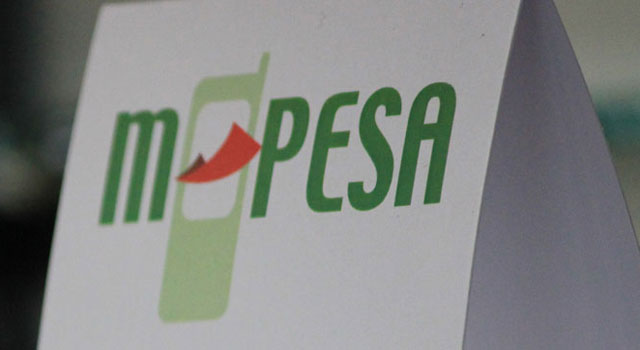
M-Pesa, which has more than 14m subscribers in Kenya, could be forced to increase transaction costs by 10% as East African nation’s treasury looks to impose a levy on transactions made using the mobile money transfer service.
Though Kenya’s treasury says it expects mobile operators to absorb the costs rather than passing them on to consumers, analysts warns this is unlikely.
It also appears likely that rival services will be forced to impose the levy on their mobile money solutions. Local operators have warned the move could have a negative effect on investment in the region and the sector.
M-Pesa was introduced in early 2007 by Safaricom and handles about 2m daily transactions worth 2bn shillings (R206m). The proposed 10% levy came a day after Airtel Kenya announced it would allow subscribers to send money via M-Pesa for free, although withdrawal transactions still carry a small fee.
The Central Bank of Kenya recently released data showing that the value of money transferred through mobile platforms increased by 41% in the first half of this year, even though the number of customers grew at a slower pace. Source: The Standard
EcoCash hits 1,7m users
A year after launch, Zimbabwean mobile operator Econet’s mobile cash product, Ecocash, has signed up more than 1,7m registered users. According to Econet, this means it’s the second fastest growing service of its type in Africa after M-Pesa. Rival Telecel recently announced that it had given up on its mobile money offering while state-owned operator NetOne has had difficulty driving uptake of its OneWallet offering because subscribers have to upgrade to higher-capacity Sim cards to make use of the service. Source: Techzim
Airtel feels effects of Zambia load shedding
Mobile operator Airtel Zambia says electricity load shedding in Zambia is increasing the company’s cost of doing business and may affect its ability to provide its customers with services. MD Fayaz King says the 4% decline in the availability of power supply in Zambia is a major concern for the firm. He adds that mobile operators are catalysts to a range of economic activities and that the role of power in the information and communications technology sector cannot be overstated. Source: Daily Mail
Cheaper Internet for Ugandans
According to Google Uganda access director Kai Walluf, one of the ways the East African country can reduce the cost of Internet connectivity is by getting more people online. Speaking in Kampala last week, Walluf said that, much like an aircraft, the cost of Internet access is dependent on the number of people using it. Despite access to three undersea cables, only about 5m Ugandans are online. Walluf says this results in underutilised infrastructure and excessive costs for Internet access. Source: Daily Monitor
Tanzania welcomes green-energy moves
Britain is encouraging Tanzania to take advantage of the British International Climate Fund to drive renewable energy projects. The fund is designed to help countries cut emissions and create green-energy projects. Tanzania is considering geothermal and wind power projects in an effort to move away from its high level of dependence on hydroelectric power generation. To date, 50 potential sites for geothermal facilities have been identified along with two potential locations for large wind farms. Source: Daily News




